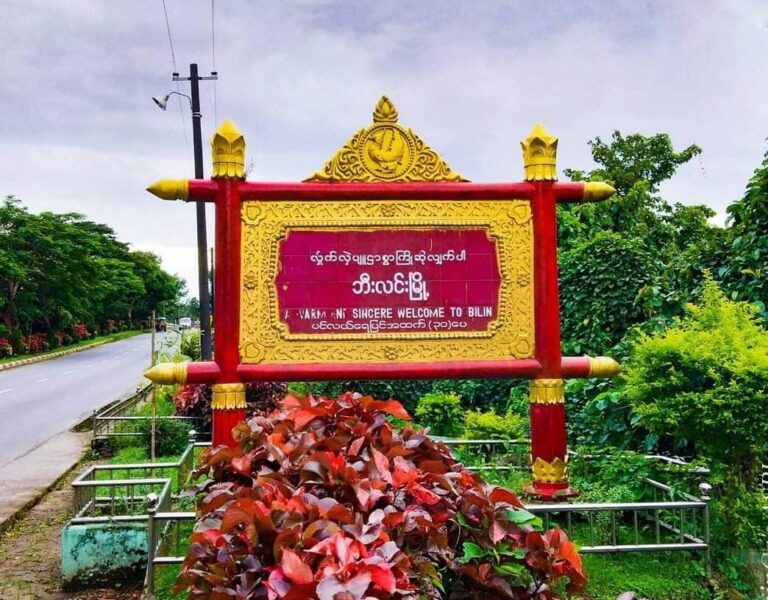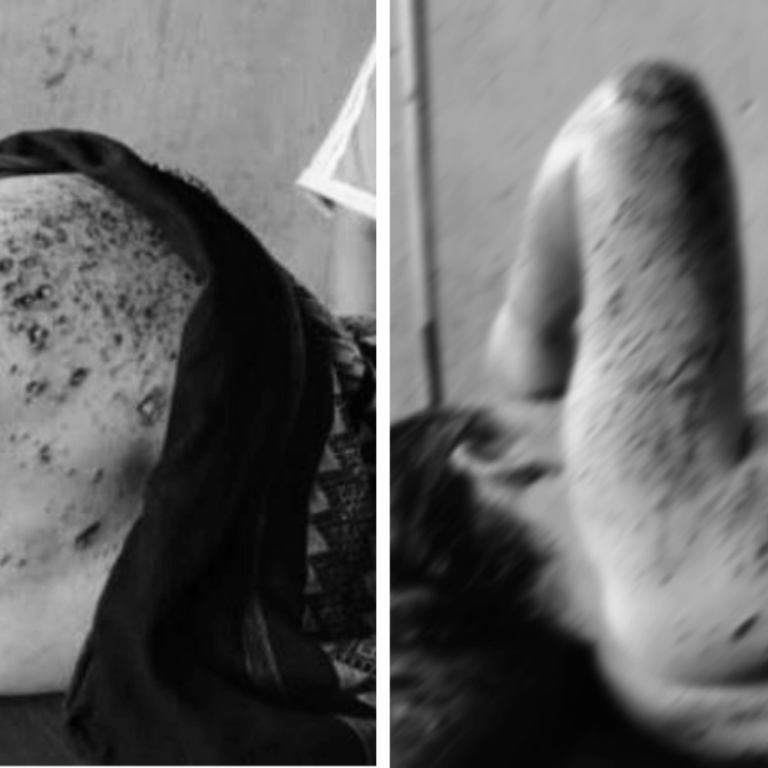HURFOM: After years carving out lives as migrant workers near the Thailand-Malaysia border, several ethnic Mon people revealed to HURFOM their conflict-ridden memories of Burma and their opinions about finally returning home. Taken together, the 10 interviewees lost 143.5 acres of land to military confiscations in Tenasserim Region’s Yebyu Township that precipitated increased human rights abuses and the residents’ eventual departures. For example, between 2008 and 2011 Navy Department No. 43 seized properties in Ka Dat and Ohn Pin Kwin villages to expand their base and deploy more troops to the area. In discussions many former landowners wondered why, today, battalions still cling to confiscated land on bases that seem too large for contemporary purposes, and expressed that military withdrawal is a prerequisite before considering the long trek home.
Farming families’ properties usually represented their primary source of income, and many who lost their livelihoods along with their land were forced to perform jobs without compensation for troops stationed nearby. Residents also reported paying security taxes levied against them by local battalions for keeping the area safe and usage fees for the right to continue cultivating their own land. Many of the practices of arbitrary taxation, confiscation of working farms and plantations, and forced porter duty came out of a “self-reliance” policy imposed by the government that cut food and salary support for troop outposts.
Former Yebyu resident Nai Khin Htew explained that after his 6.5-acre rubber plantation was confiscated in Kyauk Hta Yan, a small village in the Kywe Thone Nyima village tract, he moved with relatives to Hat Yai in southern Thailand. At the time of confiscation, he said there were 2,300 rubber trees ready for tapping on his land and estimated the plantation to be worth at least 30 million kyat. Following the land seizure he was forced to work for the local battalion and pay monthly security fees to Navy Troop No. 43 in neighboring Ohn Pin Kwin village, leading to his decision to leave for Thailand with his wife and two children.
“It was not a problem to work here [in Thailand] because we were already familiar with this kind of job [on a rubber plantation], although there is a big difference between being a tenant and a landowner. But we do have more security here. In Burma we had to hide what we earned [because military taxes were based on a household’s perceived income]. There are a lot of Mon people here so as long as we are united, we don’t have to worry about our safety. If we have [Thai migrant] passports, we don’t have to hide. But I always think back to my plantation. I cannot describe how I felt upon losing our plantation because we had invested so much time and money into it. Who can help us get our land back one day? It is not easy to solve because [the soldiers and navy] still have power. But we always hope to get [our plantation] back.”
According to Nai Khin Htew, now 40 years old, hundreds of migrant workers live in the Hat Yai District and along the Thailand-Malaysia border after fleeing villages like Gan Taw, Mae Taw, Mae Tan Taung, Ma Yan, Phu Kyi, and Pyaing when their lands were seized by Light Infantry Battalion (LIB) No. 282 and Navy Troops Nos. 43, 273, and 403.
“All my family members are here,” said 48-year-old Nai Mae who works on a rubber plantation in Thailand. “The reason we fled was because we were tortured not only by the Burmese military but also by the Mon splinter groups like Chan Dein, Nai Bin, and Nai Saung. We used to watch people being shot by the military right in front of us. Beatings and lootings became common for us. We were sometimes forced to stand out in the hot sun as punishment. We don’t think it’s a difficult situation for us to work here [in Thailand] compared to what we faced in Burma. Although this is not our country, we get to keep what we earn and don’t have to pay others. In Burma we were the ones who worked but the military and Mon splinter groups were the ones who benefited. We don’t even have our houses [in Burma] anymore. In 2009, the Burmese military burned down all the vacant huts and houses. And as long as the village administrator supports the Burmese military and [keeps] his position of authority, we don’t think we can go back to the village.”
Human rights observers in Burma have noted that in the past few years the government has greatly reduced forced labor, restrictions on mobility, and other previously commonplace abuses. In eastern Burma, some residents described a general sense of calm in rural villages since ceasefires were signed between the President Thein Sein administration and non-state armed groups like the New Mon State Party and Karen National Union. However, reports persist of new land grabs for development projects or the extension of existing military bases, flare-ups with splinter groups, and the failure of military battalions to withdraw from formerly confiscated land. Under these conditions village residents now living in neighboring countries remain unwilling to venture home.
“The main thing we have to consider is whether the military is still located in [our native] areas. If the military is still there, we cannot shake the idea that abuses will continue,” said Nai Wanna, 40, who works in Thailand’s Surat Thani Province. “When I was young, I remember LIB Nos. 282, 273, and 404 [being stationed in the area]. At the time of [my] land confiscation there were eight military battalions in Yebyu Township and navy ships landing nearby. The more military troops there are, the more violations that occur. Transitional reform happens only at the upper levels. As long as the soldiers in those [rural] areas are holding their guns, they still want to treat locals badly. No one can guarantee otherwise. If the military troops are reduced and withdrawn, and our land is given back to us, it would be possible for us to go back.”
In other post-conflict societies, efforts have been made for government representatives, civil society members, aid groups, and community-level leaders to cooperatively implement resettlement and rehabilitation programs for victims of forced displacement or land confiscation. However, local observers commented that these programs would not effectively take root in Burma without government acknowledgement of former military abuses and compensation for villagers’ losses, a move many said they doubt would happen.
“The conflicts in our village are not just because of the military but also Mon armed [splinter] groups that harass us – people with weapons who want to abuse their power,” said Nai Kyaw Lwin, a former resident of Cha Pone village who lost four acres of betel nut and durian trees to military confiscation. “If those people were not in the village, we could go back safely. If our villages were peaceful to live in, we would be happy to do any kind of job [there]. Since Thailand is not our native country, it’s impossible for us to live here forever. Our children’s education is precarious here [because they lack Thai identification cards]. Nothing has changed, and we have not made any decisions yet. We will go back when there are no armed groups and no military. My [confiscated] plantation could have been passed to new owners two times over [by now], so although we still hope to get it back I don’t think we will.”



